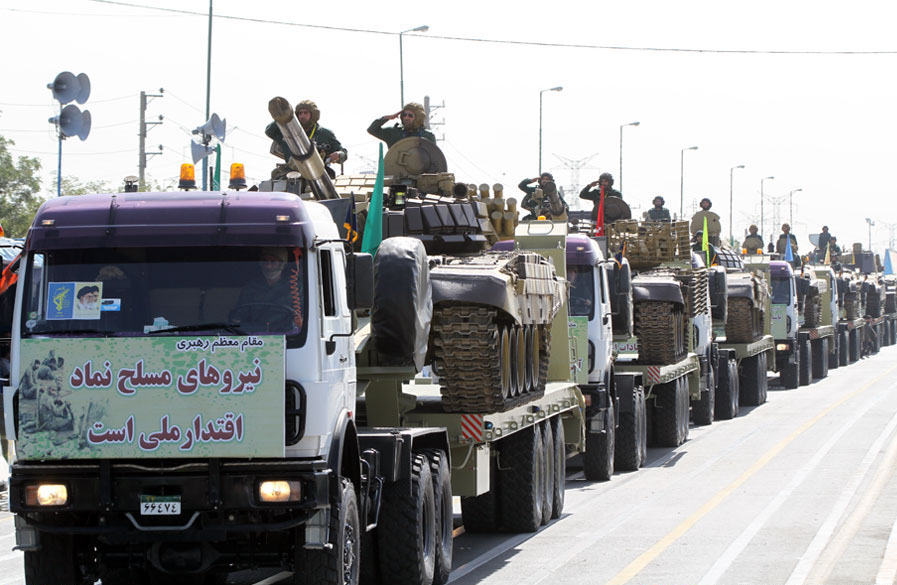Sponsored Content
Iran Nuclear Talks: EU Tries To Revive the Negotiations
European officials are trying to save the Iran nuclear deal. To find a solution to the months-long standoff between Tehran and Washington, EU coordinator Enrique Mora is scheduled to visit Tehran. Read about the newest developments in Iran and the JCPOA.
 Currently, Iranian Revolutionary Guards are designated as a terrorist organization by the U.S. and some Western countries. / Picture: © Wikimedia Commons; Mohammad Sadegh Heydari, CC BY 4.0
Currently, Iranian Revolutionary Guards are designated as a terrorist organization by the U.S. and some Western countries. / Picture: © Wikimedia Commons; Mohammad Sadegh Heydari, CC BY 4.0
Tehran and Washington have been in a months-long standoff over restoring the 2015 nuclear deal. The EU's coordinator for the nuclear deal, Enrique Mora, will visit Tehran on Tuesday to find an end to the problem.
The original nuclear deal, known as the Joint Comprehensive Plan of Action (JCPOA), which Iran struck with Britain, China, France, Germany, Russia, and the United…
or Log In
Fast News Search





